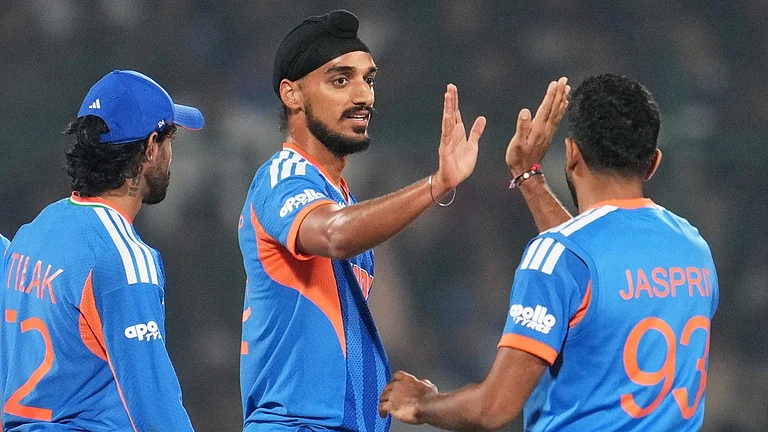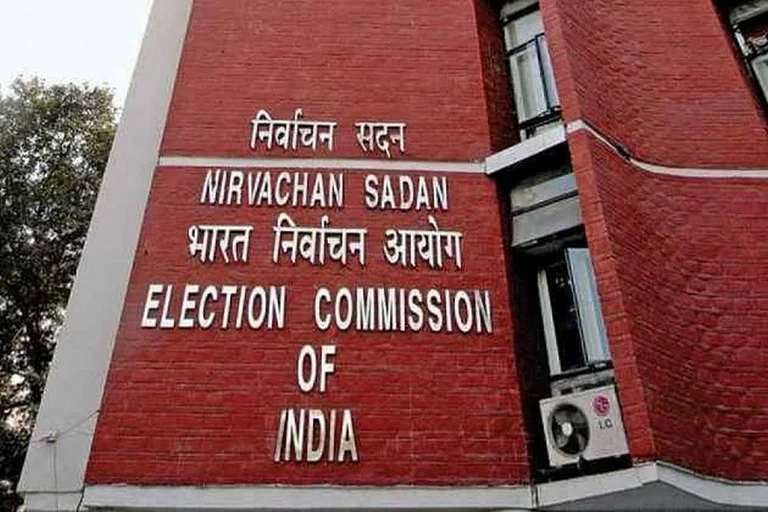The Kashmir Valley has a lot of buzz —bordering on euphoria— as the Supreme Court of India has started hearing petitions challenging the abrogation of Article 370 of the Constitution of India.
After the abrogation of Article 370 on August 5, 2019, amid a complete communication blackout, siege, and arrest of thousands of people including three former Chief Ministers of Jammu and Kashmir —Dr Farooq Abdullah, Mehbooba Mufti, Omar Abdullah— the present moment seems an occasion of hope for regional political parties and a large section of Kashmiris.
In Kashmir, everyone tunes in to follow the Supreme Court proceedings live. They debate over the arguments. Some view the arguments as a lesson in history, while others are hopeful that the Supreme Court might restore Article 370, arguing that it had achieved permanency in the Constitution of India because Senior Advocate Kapil Sibal has argued on such lines.
On Wednesday, when the Supreme Court started hearings, the Bharatiya Janata Party (BJP) issued a statement saying: “The country has complete faith in the Supreme Court. It will not give a chance to rob the people of J&K again under the guise of Article 370.”
The BJP does not present any legal arguments. Instead, the party says the government’s decision to permit the Muharram procession in the Kashmir Valley after a ban of three decades reflects the government’s commitment to preserving cultural heritage and fostering inclusivity. The BJP further argues that after abrogation of Article 370, the Valley has not witnessed stone-throwing incidents and the militancy is down.
While the National Conference (NC) and Ghulam Nabi Azad’s Democratic Azad Party (DAP) are excited, they are also engaged in a fight about Kapil Sibal who argued the case on Wednesday and Thursday.
Former J&K CM and DAP Chairman Azad triggered NC when he tweeted on Wednesday: “Gratitude for the brilliant efforts of Kapil Sibal sahib as he fearlessly and eloquently presented the crucial issue of Article 370 in SC today. We have been unwaveringly fighting from Parliament to the Supreme Court, in pursuit of justice for the people of J&K. With unwavering hope and anticipation, we look to the SC to deliver a fair judgment for the rightful aspirations of the people!”
Azad’s son Saddam Azad joined him, saying his father is deeply committed to restoring peace in Jammu and Kashmir, with the ultimate goal of reinstating normalcy in the region.
“In pursuit of this objective, he has engaged the expertise of eminent lawyer Kapil Sibal. Proudly representing DAP, Sibal amplified DAP’s voice in the Supreme Court of India during the hearing of Article 370, shedding light on the various challenges faced by the people of Jammu and Kashmir post the abrogation of Article 370,” said Saddam.
As Sibal is pleading the Article 370 case before the Supreme Court on a petition filed by NC MP Akbar Lone, the party did not like Azad’s praise for Sibal. The NC leaders presumed that people should not think that Sibal is appearing in SC on behalf of Azad. In politics, perception is important. When it is case of Article 370, the perception is more important. So the NC leaders jumped in to set the record straight.
NC spokesman Taveer Sadiq wrote to Azad: “I would humbly suggest that your party leaders refrain from spreading misinformation and lies about Mr. Sibal representing your party. He is actually representing Jammu and Kashmir National Conference through NC MP Akbar Lone.”
Fellow NC spokesman Dr. Gagan Bhaghat also did not like Azad’s gratitude to Sibal. He said Azad is neither a petitioner nor an applicant in the Article 370 case and Sibal is not his counsel. He accused the DAP of not making a serious attempt to participate in the proceedings of the Article 370 case.
The NC did not stop here. It seems Azad has hurt them the most over Sibal. Another NC spokesman, Imran Nabi Dar, said Sibal is neither the petitioner of Azad’s party nor he is Azad’s counsel.
“I don’t understand why he is creating such an impression. We didn’t want to indulge in a debate with Azad's party over the issue, but we believe people should know what the truth is,” said Dar.
It is true that all along Azad has been saying he will not mislead the people of Jammu and Kashmir over the issue of Article 370. He has said that only a government with a two-thirds majority in Parliament can ensure the restoration of the provision. But it seems he might have a change of heart after Sibal’s argument.
What did Sibal argue in the Supreme Court that political leaders and others in the Valley are roused? Before the Constitution Bench headed by Chief Justice of India DY Chandrachud, Sibal argued that Article 370 had attained a “permanent character” after 1957 when the Constituent Assembly of Jammu and Kashmir was dissolved, leaving the Article unchanged. Sibal called the abrogation of Article 370 a purely political act, saying there was nothing within the constitutional structure that empowered the President or the Parliament to abrogate Article 370. Sibal argued that the parliament carried a resolution through a constitutional means which unfortunately is not available to it.
While people and regional political parties seem thrilled about the arguments, there are many soothsayers in the Valley who are more shocked instead of being elated. They see the abrogation of Article 370 as a strategic and political decision by the BJP government and they believe the Supreme Court will not reverse it, even if the legal arguments favour the restoration of Article 370. They even argue that even media is not reporting it. Thus, for them, it is foregone conclusion that the Supreme Court will do anything.
But a large political section in the Valley and others hopes the Supreme Court might do something. They say “something might happen”. No one explains what that “something” is, but there is hope that the Apex Court will do “something”. Kapil Sibal has generated this hope around something and that is why NC and Azad are fighting over him.


























